Scholar Spotlight - Diotime Pellet
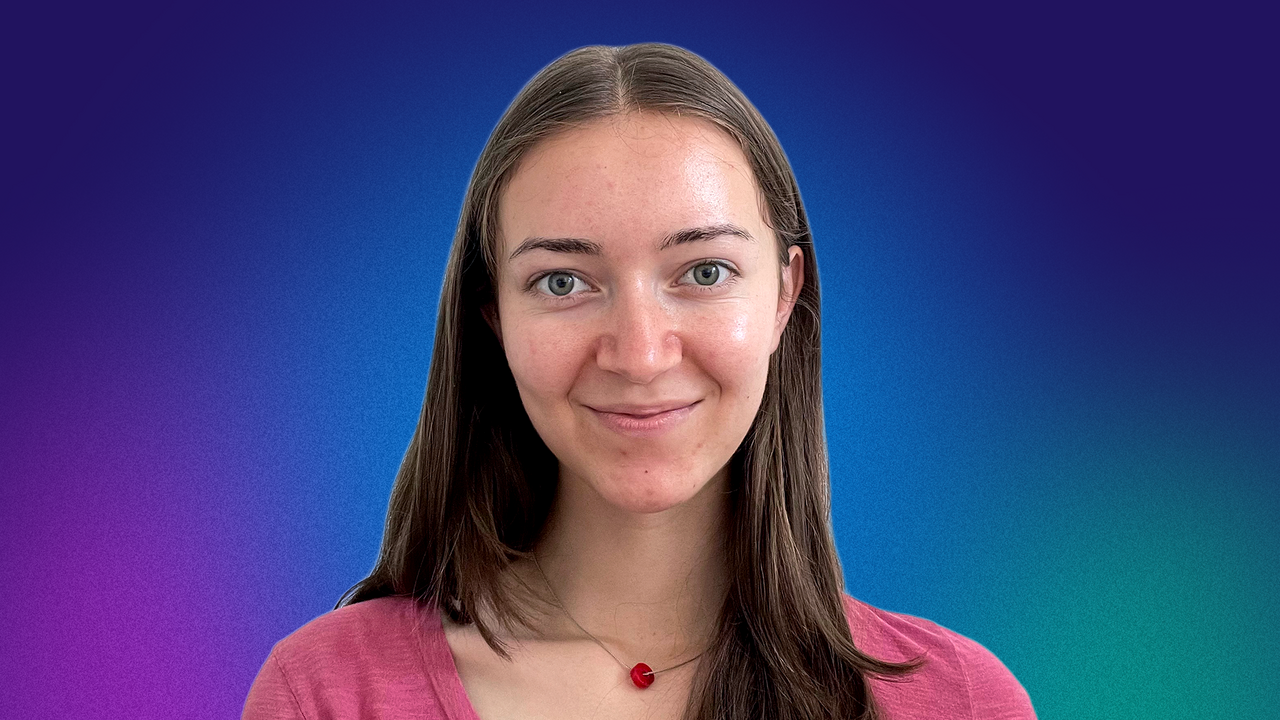
Discover more Scholar Spotlights.
Diotime Pellet, a Laidlaw Scholar at EPFL, explores synthesising copper nanoflakes
Research Title:
Synthesising Copper Nanoflakes
My research involved the creation of a chemical procedure to synthesise copper nanoflakes which are large area, thin structures of copper that fall into the “nanoparticle” category, entailing interesting chemical properties. Particularly, the motivation behind this project was that the specific crystal orientation of copper exposed in flakes made them a potential catalyst in the reduction of CO2 into acetate, a possibility hypothesized by previous works but not fully explored due to the difficulty of actually synthesizing these flakes.
This research project was therefore focused on understanding their formation mechanisms and finding how to reach a high-quality product. For example, we discovered that we could replace one of the chemicals used in prior studies called CTAB, which is a surfactant commonly used in nanoparticle synthesis. This was a great improvement because CTAB hinders the electrochemical activity of the particle. We also found that different halide ions resulted in different morphologies that exposed other crystal planes, we investigated the stability of the particles against oxidation, and reported the various impacts of other parameters such as temperature, growth medium, concentrations, etc.
All in all, we produced flakes of two orders of magnitudes higher than reported in prior studies (from around 1 micron to 130 microns), which is key to making more accurate measurements of their catalytic activity. Further research has been and continues to be carried out, an example being the monocrystallinity of the flakes allowing to investigate cross-polarized and stable second harmonic generation. This research project therefore opened the door to many possible applications; finally being able to work with well-defined flakes of high purity is essential to their characterization and to a fundamental understanding of the unique properties of copper on the nanoscale, including its role as a catalyst in the production of useful multi-carbon products.
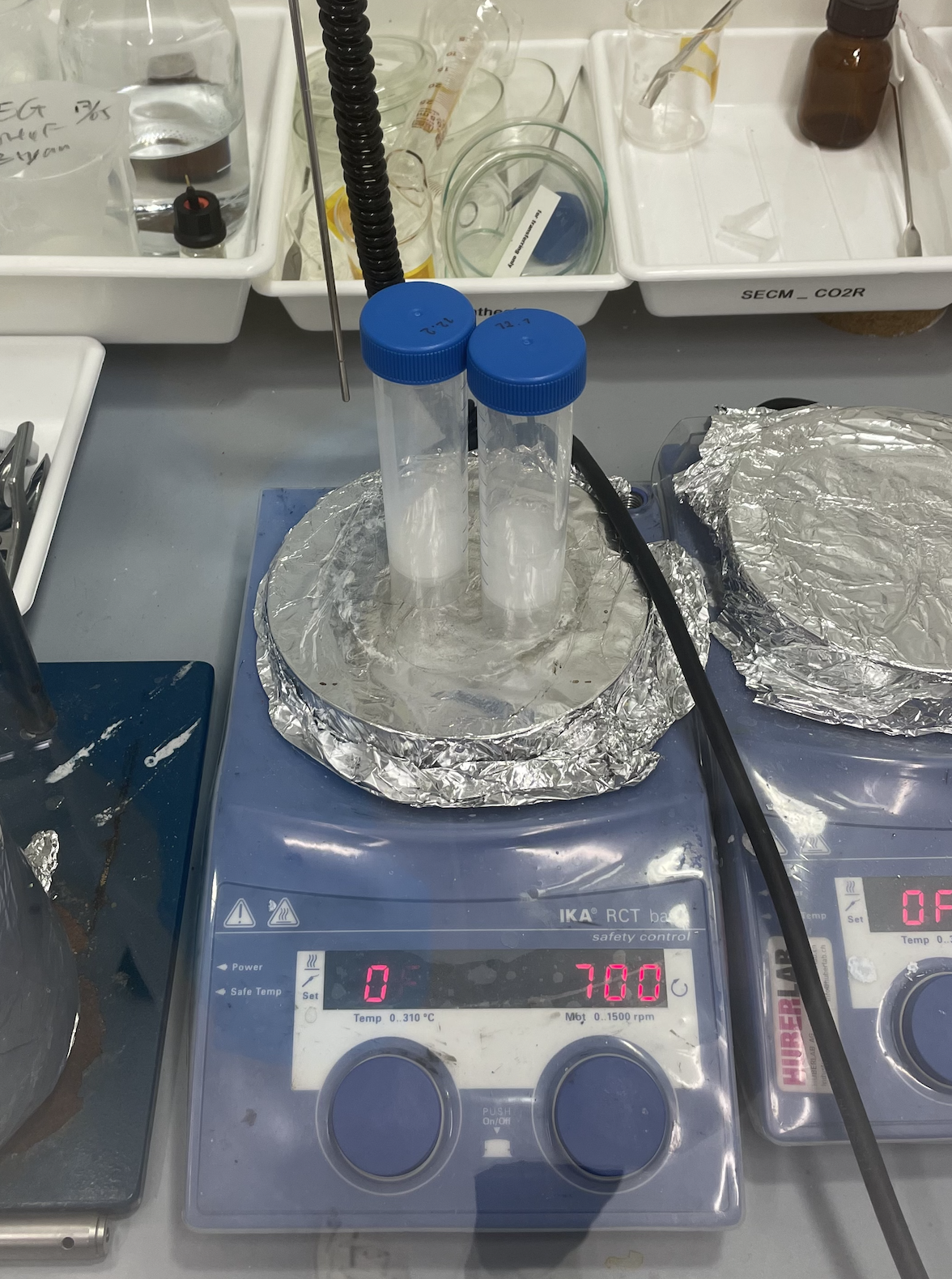
Where did your passion for this research originate?
The path to finding my passion has not been so straightforward. I first learned about EPFL when wanting to study architecture, which then allowed me to stumble upon the very specific micro engineering bachelor offered here, and that I only decided to specialise in after a year of pursuing the more general mechanical engineering degree. For my research project, I went through the list of the hundreds of labs in EPFL and found LNET which seemed to perfectly fit this growing interest I had in nanoscience and my will to contribute to solving real world problems, particularly in the energy sector. I absolutely loved working there, from diving deep down into the bottomless pit of literature review to understand a very niche but outbranching topic, to experimenting and directly seeing the rewards of perseverance and creative thinking. Nanotechnology in general is incredibly stimulating, because there is so much potential for its applications, and the concepts it involves are insanely cool to learn about.
Finding my passion used to be source of worrying for me, but I now realise that being able to make choices is life’s most precious gift. Being unsure and second-guessing comes with the fragile but beautiful nature of a life yet to be written, and I believe in cherishing new opportunities and welcoming change. I’m grateful for the many decisions that have led to the opportunity to experience this internship, which has actually more so been a catalyst to my passion than a result of it.
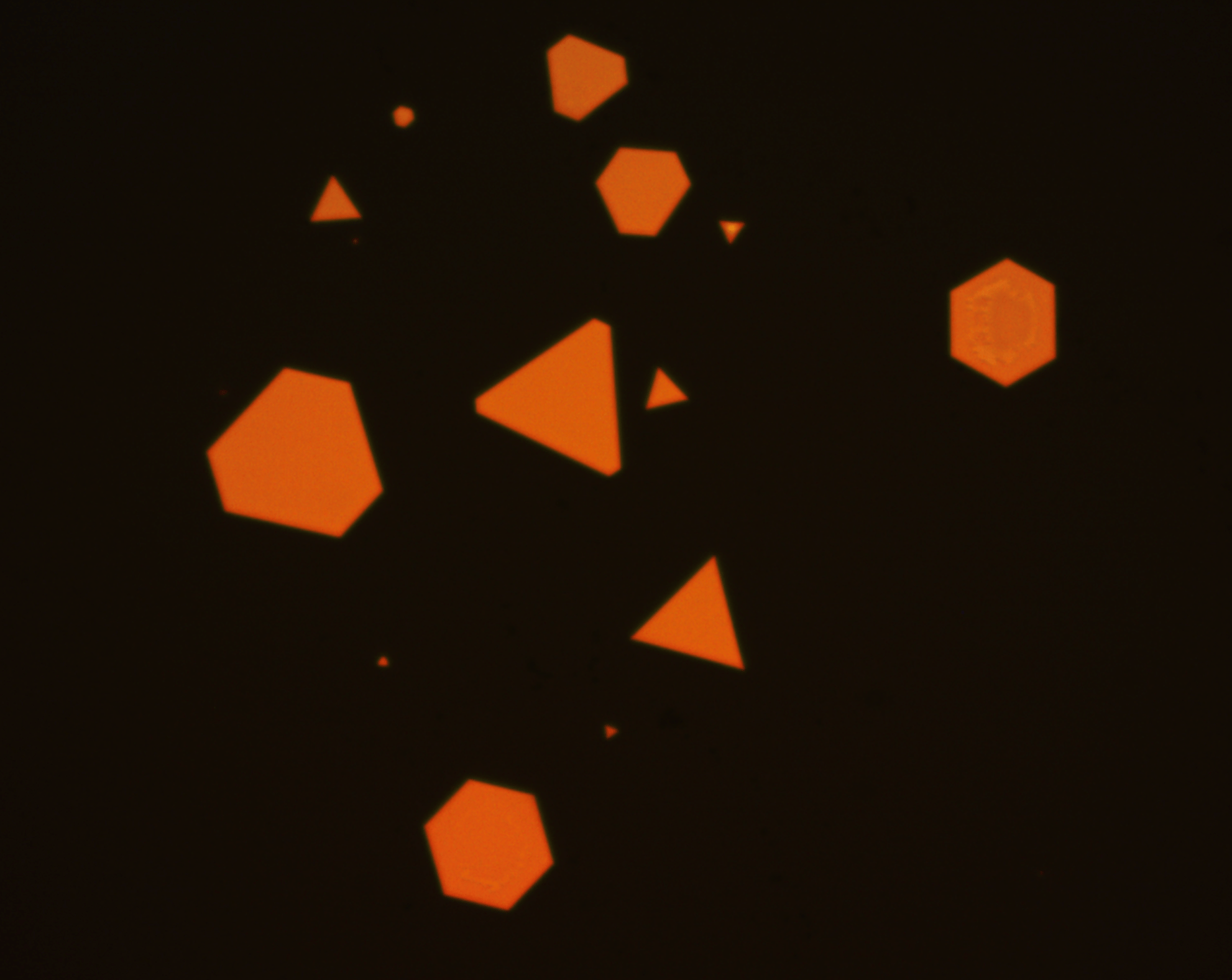
What is the most memorable moment from your Laidlaw scholarship experience so far?
Perhaps I think of this because my mind currently is quite focused on what’s coming this summer, but the moment when I first received a reply from the organisation I will be doing my LiA with was pretty memorable. Sending emails to organisations all around the world asking if you can work for them out of nowhere can have you feeling a little bit crazy. When you finally get a response saying « yes, we have a project for you in Kenya », you in turn wonder if they’re not a little bit crazy too; I just didn’t know whether what I was asking for was realistic or not. It was amazing to see something I so desperately wanted to happen take shape, the project being linked to solar energy which is very meaningful to me, and then to realise that this was now a real possibility and I was going to have to follow through and actually go to Kenya. It’s still surreal and so exhilarating to think about, and I’m sure there will be many more memorable moments during these 7 weeks.
What is the biggest challenge you came across in your research and leadership journeys so far, and what did you learn from it?
I’ve noticed that I sometimes get stuck in my own head about an issue I am having with someone, instead of being open about it. One of the big questions that remain for me is how to discuss conflict with someone, given that responses can really vary from person to person. I used to think that conflict could be avoided altogether, but this is not so efficient in the long-run. The challenge in my leadership journey is to be easily able to face uncomfortable conversations, standing up for myself whilst not taking things so personally, and accepting to be perceived as flawed. This has all come to light much more easily thanks to the insight we’ve received from the workshops here in the Laidlaw Program at EPFL. I’ve learned a lot from being encouraged to think about these things, and to discuss them with the other scholars who all have quite various views on such topics, which is incredibly enriching. Another challenge is reaching a neutral, unbiased view on my own actions, so having this framework to approach these questions is very precious.
What does it mean for you to be a Laidlaw Scholar?
Being accepted into the Laidlaw program felt like trust had been put in me, trust that I would make the most of this opportunity, make good of the resources available, and that I would give back to my peers and the general community thanks to the valuable insight on character and leadership I would receive. To me, being a Laidlaw Scholar means honouring that trust. It is also being part of an uplifting community; seeing how brilliant my peers are makes me so thankful to know them and is quite motivating.
I often think that becoming a Laidlaw Scholar is the best thing that could’ve happened to me in the beginning of my adult life. Both the financial support and the organisation behind the program are things without which I could have never pursued these fascinating projects, and this experience has fuelled my determination to continue on doing so in the future.
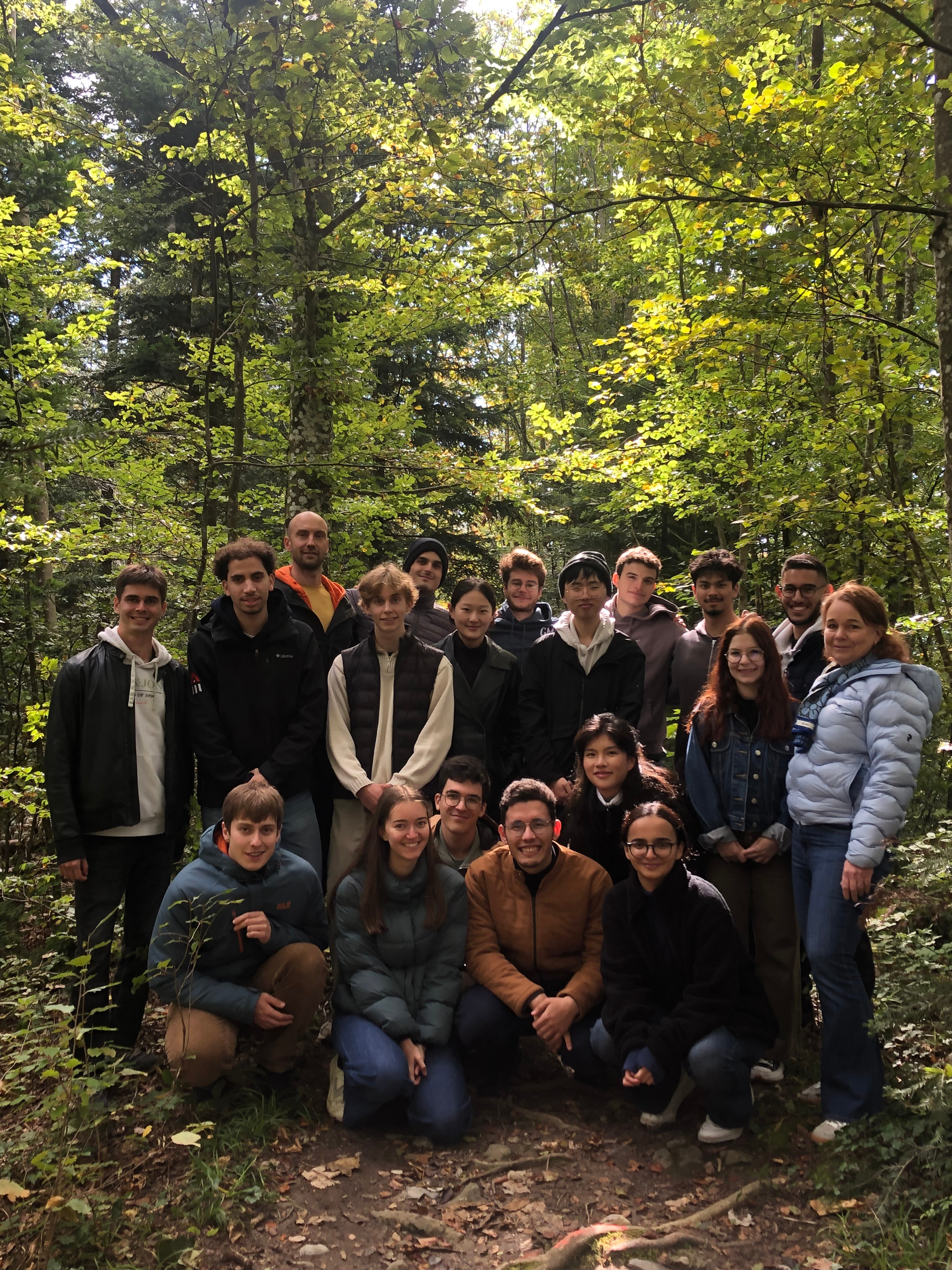
Which particular leaders inspire you the most and why?
I think it is difficult for me to answer with names of famous leaders, as I don't know what they are like. I realise now that this is somehow what the Oxford Character Project component of the program instils in us; that leadership is very much linked to character. The person I automatically think of is the headmaster of the first international school I attended in Mauritius. Every student and staff had the utmost respect for him, and this was not out of fear for he was a kind man. It is needless to say that he was very good at his job, but what I think is special is how involved he was. We would frequently see him walking along the corridors, peering inside classrooms from the garden, and engaging conversation with students of all ages. He was a great leader because he was dedicated to and loved his job, and because his human qualities made people want to follow his example. More recently, the head professor at LNET, Giulia Tagliabue, has been inspiring for similar reasons. She is unanimously liked, respected and praised by the people who work under her direction, which I think speaks for itself.
Briefly describe a scene from the future you are striving to create.
Quick-fire Questions
📺 Currently Binging:

A House for Mr Biswas, by V.S Naipaul
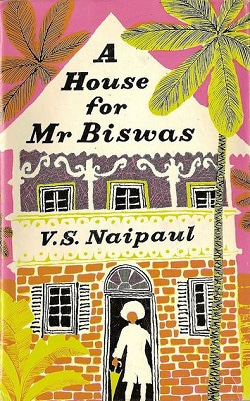
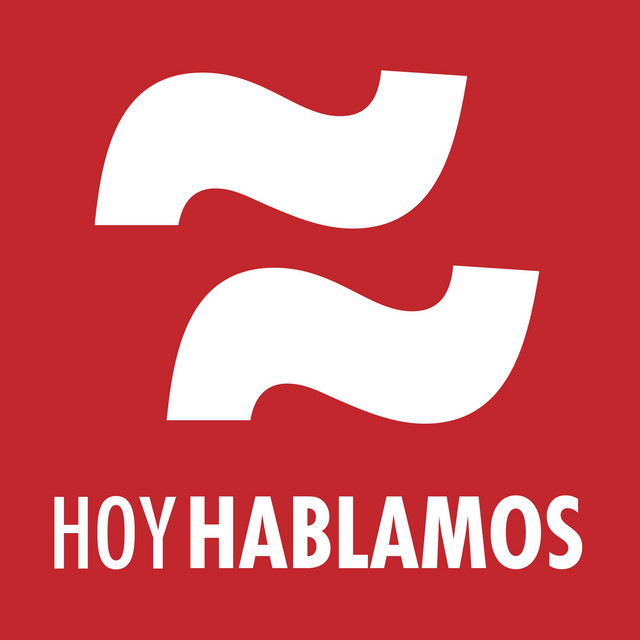
🌈 Something that made me feel joy recently:
Finding a pretty piece of fabric to sew on top of a bag.
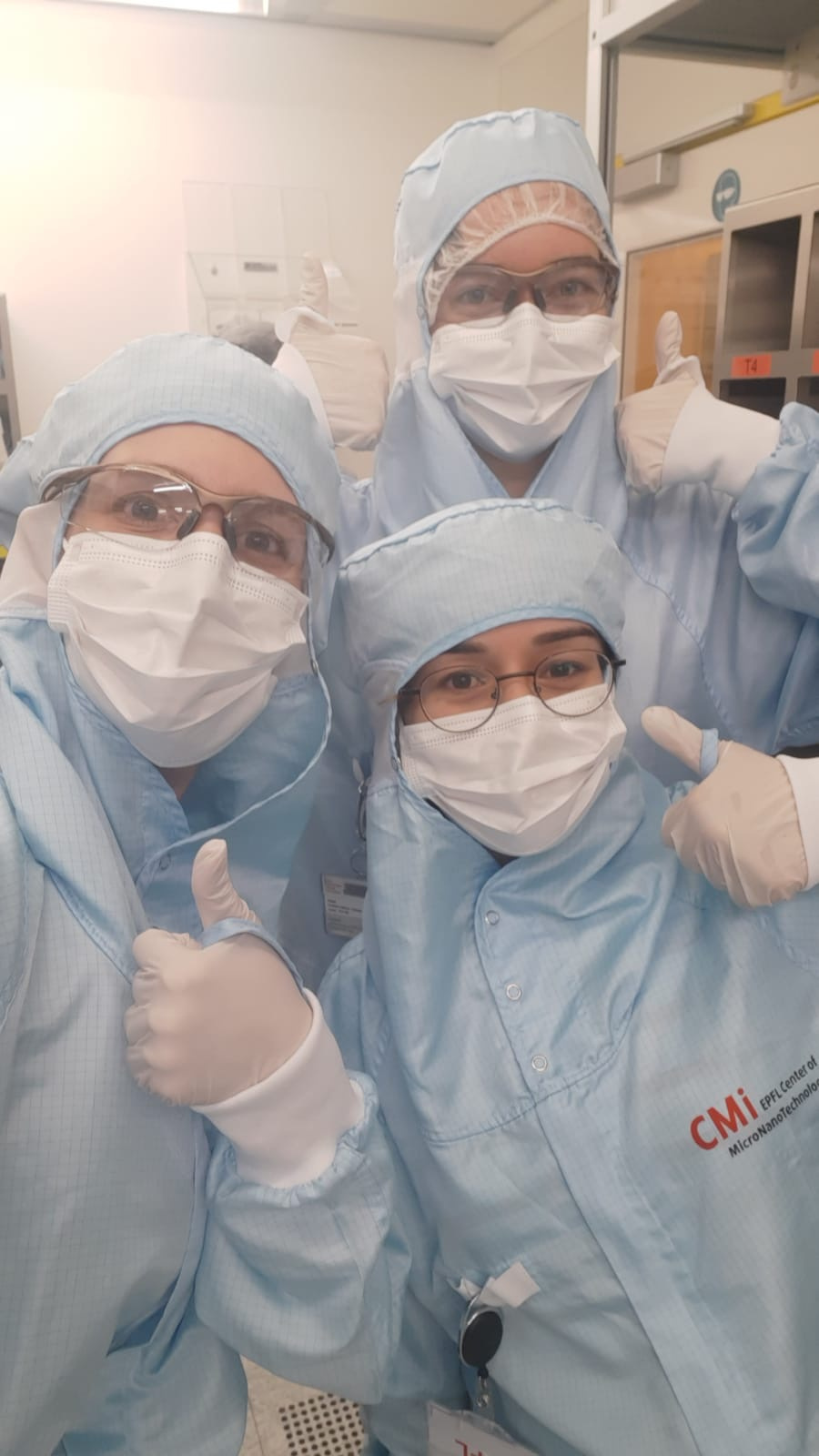
Watch Diotime's video documenting her research summer here!
If you want to learn more about Diotime's work, explore her research here and follow her on LinkedIn. Diotime is a Laidlaw Undergraduate Leadership and Research Scholar at @EPFL. Become a Laidlaw Scholar to conduct a research project of your choice, develop your leadership skills, and join a global community of changemakers from world-leading universities.
Find out more about the Laidlaw Scholars Undergraduate Leadership and Research Programme.
🔦 Discover more Scholar Spotlights:
⚡️ Anuj (AJ) Manchanda, a Laidlaw Scholar at the University of Toronto, delves into how Environmental CSR initiatives shape consumer choices.
⚡️ Sebastian Glasper, a Laidlaw Scholar at the University of Leeds, explores social media’s role in mitigating loneliness among older adults.
⚡️ Sophia Waseem Khan, a Laidlaw Scholar at Durham University, champions sustainable agriculture through innovative ion recovery.
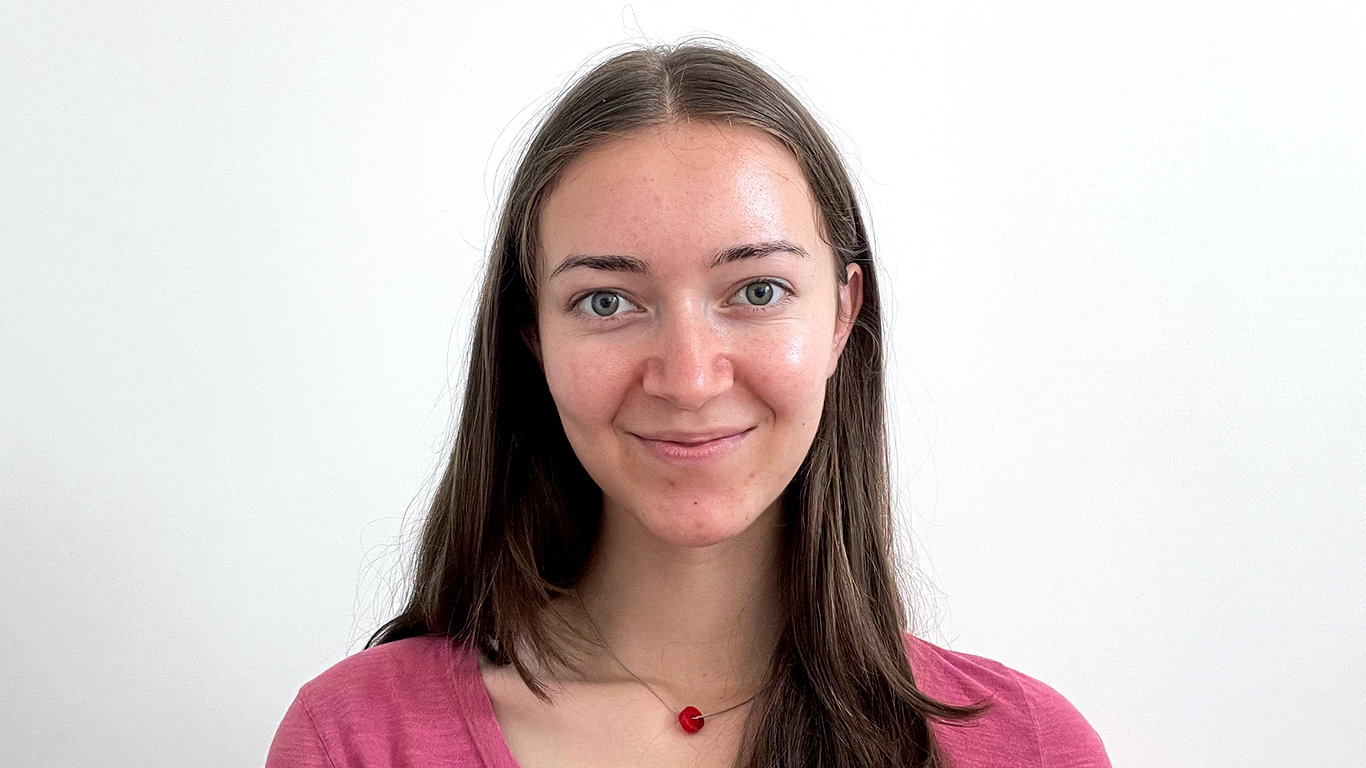
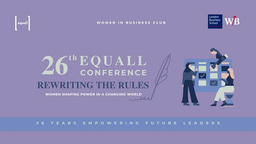


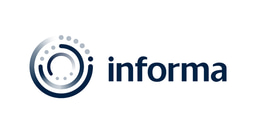
Please sign in
If you are a registered user on Laidlaw Scholars Network, please sign in